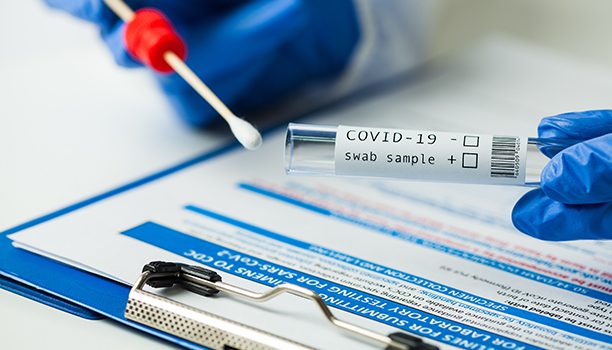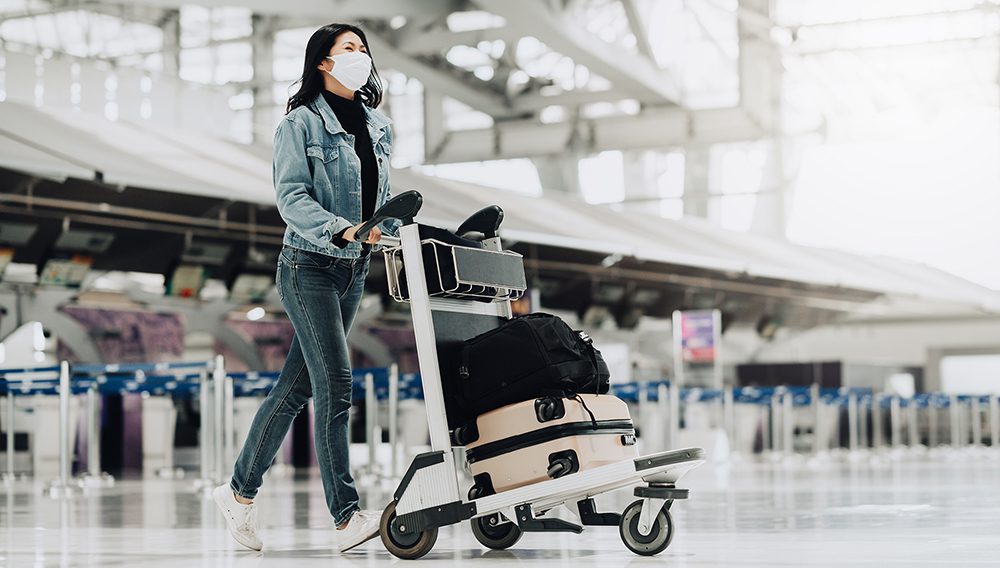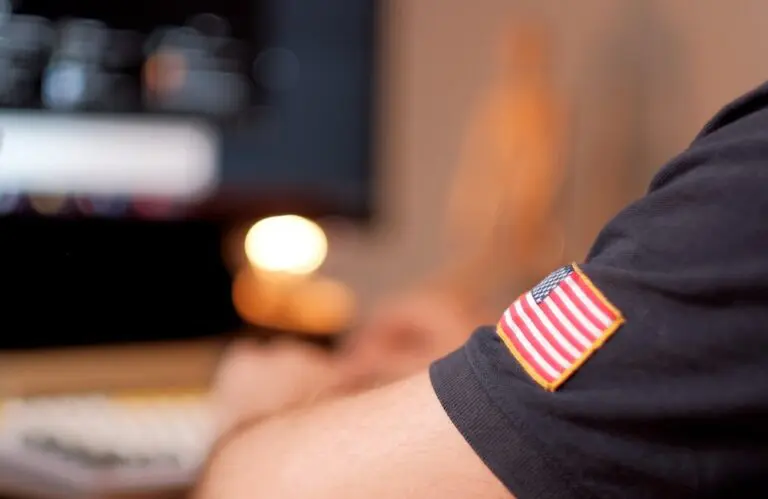The alarming but still little known new COVID-19 strain Omicron has prompted a meeting of federal, state and territory leaders and a revisiting of international border restrictions.
Victoria, NSW and the ACT have introduced a blanket 72-hour quarantine requirement for all arriving international travellers.
Meanwhile, arrivals from nine southern African countries that Australia has shut its border to including South Africa, Botswana, Zimbabwe, must quarantine for 14 days.
Australia’s national security committee will meet on Monday afternoon to look at whether the country can reopen to double-dosed visa holders, skilled workers and international students from Wednesday 1 December as scheduled.
A national cabinet meeting made up of federal, state and territory leaders is also expected on either Monday or Tuesday to consider Australia’s response.
Prime Minister Scott Morrison urged calm, with a third case of the Omicron strain suspected in NSW on Monday.
“There’s no evidence to suggest that this leads to any more severe disease,” he told the Nine Network.
“If anything, it’s suggesting a lesser form of disease, particularly for those who are vaccinated.
“Case numbers of themselves are not the issue. It’s about whether people are getting a worse illness or it’s going to put stress on your hospital system.”
Chief Medical Officer Paul Kelly said authorities were looking closely at what Omicron meant for viral transmission and the efficacy of vaccines.
“It does transmit from person to person quite readily, at least as well as the Delta virus. And so that means that it will spread,” he told ABC television.
“In terms of the vaccines, there is no solid evidence at the moment that there is a problem with that. Although we will wait for further advice and laboratory studies in coming days and weeks.”
“There are a lot of things we don’t know yet about this virus,” Dr Kelly said.
“As that information comes, then that will guide the decision-making.”

Agriculture Minister David Littleproud urged people not to panic because new variants were inevitable.
“We are going to have to open up and we’re going to have to learn to live with this and the variants that will come,” he told the Nine Network.
“We can’t panic. We need to work through this with science, not emotion.”
The South African doctor who alerted authorities to the new variant emphasised the strain did not appear to cause severe illness.
A man in his 30s came to see Angelique Coetzee suffering from fatigue, body aches and pain before he and his family tested positive.
“None of them were extremely sick,” Dr Coetzee said.
Victoria on Monday reported 1007 new COVID-19 cases and three more deaths, while there were 150 additional infections in NSW.
There were seven in the ACT on Sunday and four in the Northern Territory where the remote community of Lajamanu is in lockdown until December 11.
Nearly 87 per cent of Australians aged 16 and older are fully vaccinated.
Via AAP
- Karryon Top 10 stories of the week: Catch up on our most-wanted: Jul 4
- US ESTA fee to double under new bill; US Travel Assn slams “hard to swallow” Brand USA cuts
- Explore Worldwide launches sale on South Korea in partnership with Korea Tourism Organization
- Intrepid Travel lifts the lid on B Corp success with free, open-source industry guide
- No upgrade, no deal: 1 in 3 Aussies refuse to swap plane seats without perks





